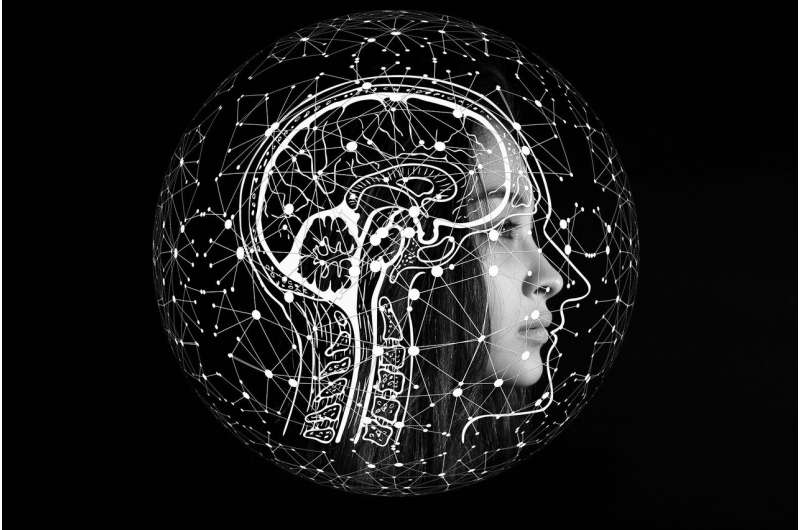This article has been reviewed according to Science X's editorial process and policies. Editors have highlighted the following attributes while ensuring the content's credibility:
fact-checked
peer-reviewed publication
proofread
Transformative achievements of deep learning have led several scholars to ask 'can AI think like a human?'

In a perspective, Athanassios S. Fokas considers a timely question: whether artificial intelligence (AI) can reach and then surpass the level of human thought. The article is published in the journal PNAS Nexus.
Typically, researchers have sought to measure the ability of computer models to accomplish complex goals, such as winning the game of Go or carrying on a conversation that seems human enough to fool an interlocutor. According to Fokas, this approach has a key methodological limitation. Any AI would have to be tested on every single conceivable human goal before anyone could claim that the program was thinking as well as a human.
Alternative methodologies are therefore needed. In addition, the "complex goal" focus does not capture features of human thought, such as emotion, subjective experience, or understanding.
Furthermore, AI is not truly creative: AI cannot make connections between widely disparate topics, using methods such as metaphor and imagination, to arrive at novel results that were never explicit goals.
AI models are often conceptualized as artificial neural networks, but human thinking is not limited to the neurons; thinking involves the entire body, and many types of brain cells, such as glia cells, that are not neurons.
Fokas argues that computations reflect a small part of conscious thinking and conscious thought itself is just one part of human cognition. An immense amount of unconscious work goes on behind the scenes. Fokas concludes that AI is a long way from surpassing humans in thought.
More information: Athanassios S Fokas et al, Can artificial intelligence reach human thought?, PNAS Nexus (2023). DOI: 10.1093/pnasnexus/pgad409



















